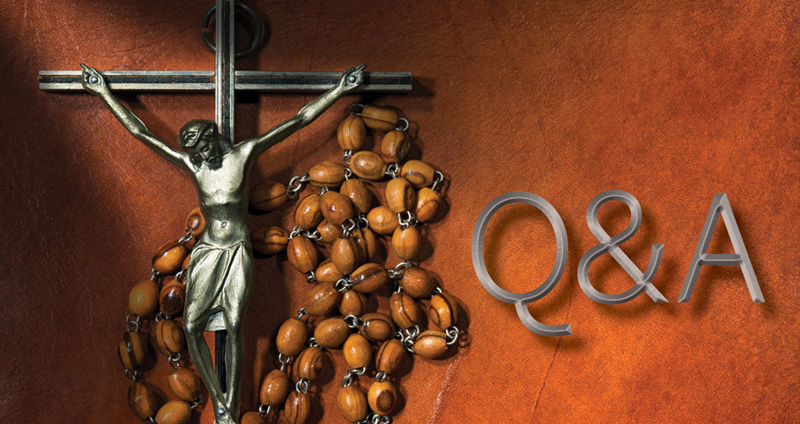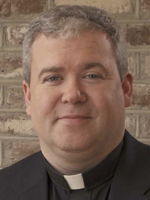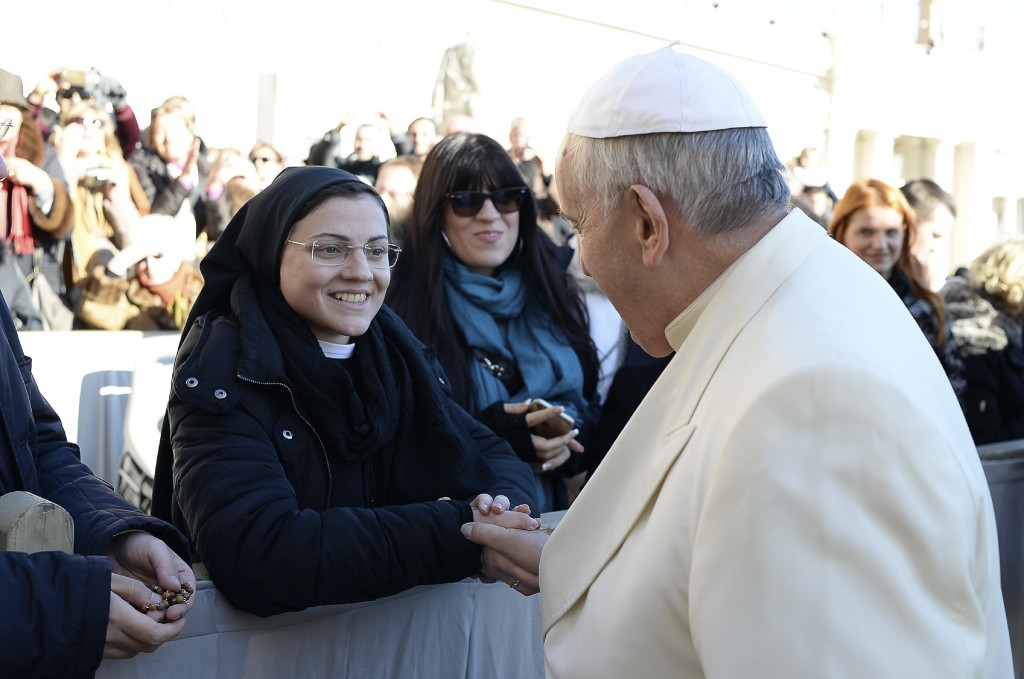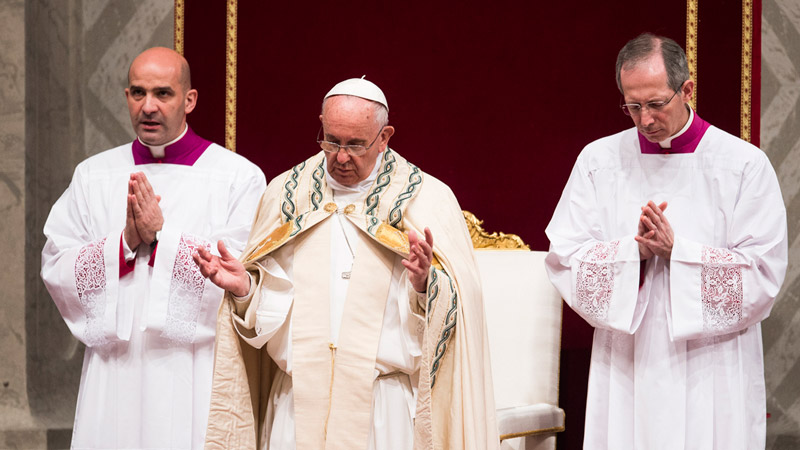
Q: There are only four Gospels in the New Testament, but others were written. Why don’t we have the other gospels in the New Testament? (Hilton Head, SC)
A: I’d like to answer your question by posing a scenario: imagine if an extended family had a revered great-grandfather. The memory of this good man was etched in the mind and heart of the family, and stories of this esteemed family member were passed down by those who knew him, lived with him, worked with him, and loved him.
One day, however, a great-grandson tells a story about the patriarch that no one in the family has ever heard. Moreover, the tale is contrary to the other recollections about the man and seems to present him in a different light and distort his legacy. The story cannot be validated and so the family rejects it. They want to guard the true events of their family member.
As we might be able to understand from this scenario, something very similar happened in the arrangement of the Gospel books. After the death and Resurrection of the Lord, the Church held, passed along, and guarded its memory of the stories surrounding Jesus Christ. It prevented this sacred narrative from being adulterated or manipulated.
As various gospels were written, the Church discerned and evaluated them according to this lived memory.
Four Gospels were canonized, meaning they were put on the official canon, or list, of the New Testament. Gospel accounts that were foreign to the Church’s memory or that portrayed Jesus contrary to the faith community’s recollection of Him were not included.
For example, there was a gospel supposedly written by the Apostle Thomas. This gospel does not depict Jesus’ divinity and emphasizes miraculous stories beyond the memory of the early Christians. There is also a gospel supposedly written by Judas Iscariot, but here again, the supposed gospel shows Jesus as more of a super-human rather than God. Neither was accepted for the canon because of their discrepancy with the Church’s memory and knowledge of Jesus Christ.
In approaching the many Gospels, therefore, we can understand that the eye-witnesses to the Lord’s life and their immediate disciples had intimate knowledge of the life and teachings of Jesus Christ. In their discernment of the canon for the New Testament, they used this lived memory to evaluate and determine what were, and what were not, true and authentic.
This is how certain books were selected and others were not. As the descendants in faith to these early Christians, I think we can trust in the guidance of the Holy Spirit as He worked through their lived memory and directed their decisions on the canon of the Bible.
Q: I thought the pope is believed to be infallible? If so, why are cardinals, bishops, and priests questioning his teachings? (Little River, SC)
A: The pope has a special gift, called a charism, that allows him to announce that a particular teaching on faith and morals is infallible. This charism is given to the pope so that the people of God have the assurance of what is true and accurate teaching from God, but it is rarely used.
Most Church teaching is actually defined by ordinary Church authority. This allows for a certain degree of discussion, discernment, and debate. This is the level in which some Church leaders express their criticism of the pope. Their differences can be appropriate so long as they’re within an intention of assent, and are expressed within proper bounds and with a respectful spirit.
This diversity of opinions can help the pope in his responsibility to give a clear interpretation of the Lord’s teachings.
Father Jeffrey Kirby is administrator of St. Joseph Church in Chester and Our Lady of Grace Church in Lancaster. Email him your questions at askfrkirby@gmail.com.




